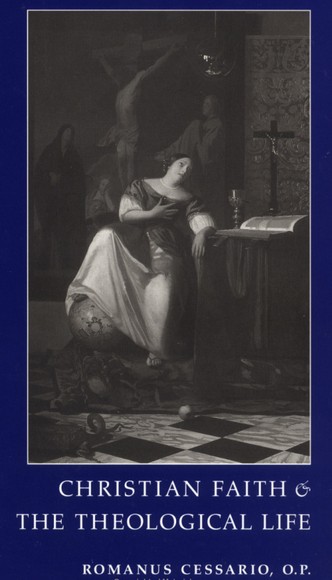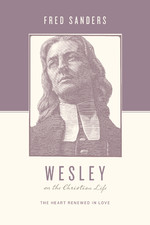On page one of his 1996 book Christian Faith & the Theological Life, Dominican Romanus Cessario makes a distinction. “To acquire knowledge about God is one thing; to commit oneself to him is another.” The two ought to be related, one would hope: it’s hard to say which spectacle is more sorry, a person who handles doctrinal facts without any personal relationship to the God those facts are about, or a faithful Christian who loves God but refuses to take... Read more
















